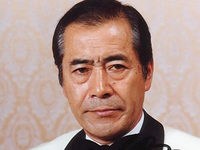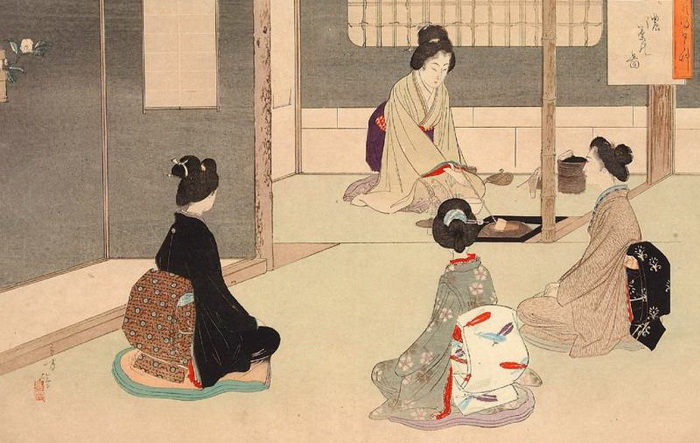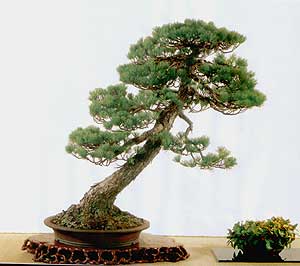greater success
What is the secret of the Japanese rock garden
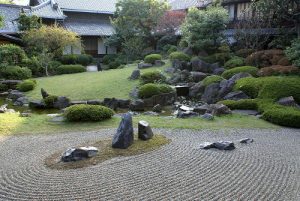 The mystery of the disappearing fifteenth stone is, perhaps, the first thing the European has associated with the traditional Japanese “dry” garden. However, neither the “invisible” stone, nor “Mount Fuji”, nor the sea of moss are mandatory elements of a rock garden, unlike the person for whom it is intended – a person.
The mystery of the disappearing fifteenth stone is, perhaps, the first thing the European has associated with the traditional Japanese “dry” garden. However, neither the “invisible” stone, nor “Mount Fuji”, nor the sea of moss are mandatory elements of a rock garden, unlike the person for whom it is intended – a person.
How stone gardens appeared in Japan
The Japanese Garden has come a long way of development – from luxurious spaces designed to entertain the nobility and decorate the residences of aristocrats, to hidden meanings of secluded and quiet corners for meditation. Like all primordially Japanese, the traditions of creating gardens came to the islands Continue reading
Traditional japanese tea ceremony
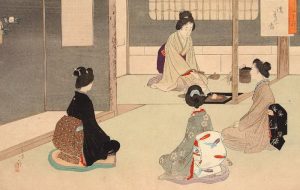 Japanese culture has given the world an ideal recipe for estranging from everyday worries and gaining a sense of peace and harmony with the world. A complex, symbolic tea ceremony is subject to fairly simple principles; they connect naturalness and sophistication, unpretentiousness and beauty. The “Way of Tea” – not eating, not gathering with friends – is a form of Buddhist meditation that arose about four centuries ago.
Japanese culture has given the world an ideal recipe for estranging from everyday worries and gaining a sense of peace and harmony with the world. A complex, symbolic tea ceremony is subject to fairly simple principles; they connect naturalness and sophistication, unpretentiousness and beauty. The “Way of Tea” – not eating, not gathering with friends – is a form of Buddhist meditation that arose about four centuries ago.
Ritual history
Like other traditional Japanese practices, the tea ceremony came to the islands of the Land of the Rising Sun from China. The drink itself has been familiar to the Japanese since the 7th century; it is believed Continue reading
BEAUTY OF BUDDHIAN AND SINTOIST SCULPTURE ATTRACTS THE SHOWER OF A EUROPEAN
 Having bought an amazing enameled vase decorated with a figure of some deity as a Christmas present for my daughter, I wanted to find out who is depicted in this vase. And I headed to the house of Monasmit Byron, located in the Tokyo area of Sinanomati.
Having bought an amazing enameled vase decorated with a figure of some deity as a Christmas present for my daughter, I wanted to find out who is depicted in this vase. And I headed to the house of Monasmit Byron, located in the Tokyo area of Sinanomati.
Byron put on tiny Taisho-era silver-framed glasses (1912-1926) and delved into the reference book.
“This is the deity of Benzai-ten, better known as Benten-sama, the prototype of which was the Hindu goddess Saraswati. Benzai-ten is the only female deity among the Shifufujin – the seven Shinto gods of fortune. The goddess of water and music, she is usually portrayed playing the lute” biwa ” as in this vase, “he said.
I knew that I had come to one of the most competent experts.
When I came to Byron again, but as a journalist, to talk with him in more detail, he photographed a black lacquered zushi – a vertical double-leaf casket where Buddhist statues are usually placed, preparing to sell it at the eBay online auction. Since Continue reading

